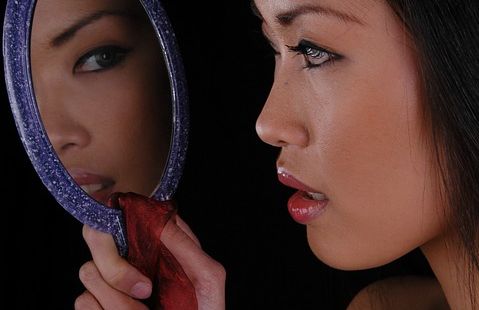A person suing him or herself makes no intuitive sense. After all, if the suit were successful and resulted in an award of monetary damages, the successful litigant could benefit from the judgment award only if she collected money from herself. The senselessness of this situation changes when a person acting in one capacity (e.g., as the personal representative of an estate) sues herself in a different capacity (e.g., as an individual in a non-representative capacity). The Utah Supreme Court recently addressed such a situation in Bagley v. Bagley, 2016 UT 48, 387 P.3d 1000.
Barbara Bagley and her husband, Bradley Vom Baur, were driving together on December 27, 2011 when Ms. Bagley lost control and flipped their vehicle. Mr. Vom Baur died ten days later due to injuries sustained in the accident. Ms. Bagley became the sole heir and personal representative of her husband’s estate.
In her capacity as heir of the estate, she brought a wrongful death lawsuit against herself for negligently causing Mr. Vom Baur's death and thereby depriving herself of Mr. Vom Baur's companionship. Separately, in her capacity as personal representative of Mr. Vom Baur’s estate, she caused the estate to bring an action against herself for negligently causing Mr. Vom Baur to experience pain and suffering prior to his death.
The trial court dismissed Ms. Bagley’s suit, reasoning that the law and public policy prevented her claims. The Utah Court of Appeals reversed the trial court’s ruling, holding that the plain language of the applicable statutes, Utah Code Ann. § 78B-3-106 and § 78B-3-107, did not bar Ms. Bagley’s claims. The Utah Supreme Court elected to review the court of appeals’ decision.
The Supreme Court first analyzed the language of the two statutes upon which Ms. Bagley relied. It concluded that neither statute had any language preventing Ms. Bagley from doing what she did. The court found persuasive that Ms. Bagley, while just one person, was acting in two distinct legal capacities. In her capacities as heir and personal representative, she was incentivized to obtain money for Mr. Vom Baur's heir and estate. Conversely, in her capacity as a defendant in wrongful death and negligence actions, she was incentivized to diligently litigate because a failure to cooperate with her insurer in defending these actions would breach the terms of her auto insurance policy.
Next, the court recognized its ability to apply the absurdity doctrine, under which the court would reform unambiguous statutory language to prevent an absurd result. But the court refused to apply the absurdity doctrine because it determined that the legislature could have reasonably intended to allow a person acting as an heir or personal representative to sue herself. In particular, it noted that allowing an heir to sue herself for damages may benefit other heirs, and permitting a personal representative to sue herself for survivor damages may benefit creditors of the estate. Therefore, the plain meanings of the two statutes were not absurd.
In sum, Utah law allows a person acting in one legal capacity to sue him or herself in a different legal capacity.

